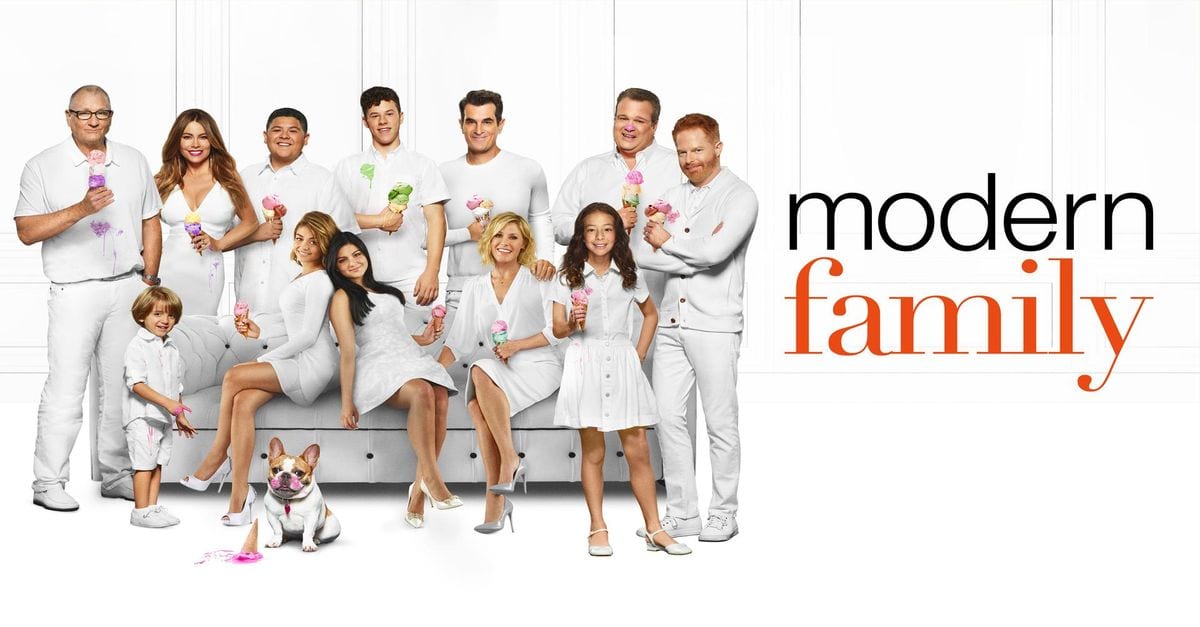
What Is It
What is a family, and what distinguishes it from other kinds of associations? Is the traditional role of the family merely grounded in custom and habit, or is there a deeper philosophical justification for it? How has the structure of families changed over the ages, and how does it differ across cultures? John and Ken examine the structure and function of the family in relation to morality, values, and evolution with Stanford sociologist Michael Rosenfeld, author of The Age of Independence: Interracial Unions, Same-Sex Unions and the Changing American Family.
Listening Notes
Marriages no longer fit the ‘50 ideals of I Love Lucy and Ozzie and Harriet—gay marriages, mixed marriages, and single parentage have all been on the rise as of late. The question of marriage has a philosophical tradition, from Hegel’s claim that men and women logically complement each other to JS Mill’s libertarian encouragement of experimentation.
Stanford sociologist Michael Rosenfeld joins to supplement Ken and John’s philosophical musings with hard data. According to him, marriages are changing as a result of the freedom American culture gives to young adults. Rather than marrying at 20 and taking over the family business, Americans go to college, get out into the world, meet new (and different) people, and establish their own values. We experience a newfangled “Age of Independence” when we spend our twenties single. The financial freedom to be single correlates to increases in college education. This education also gives the next generation both a physical and ideological distance from their parents. With this distance, the new generation of families starts to look a lot different than the one that preceded it; the Age of Independence gives people’s world-views a chance to turn away from racist or homophobic traditions. Rosenfeld also cites the internet as a facilitator of relationships outside a person’s immediate racial, religious, and class surroundings.
Ken worries about the undermining of values and the strength of the traditional family. Rosenfeld agrees that the detachment from history leaves values up in the air, though points out these issues have existed for some time; for example, in the Industrial Revolution, the state took over the education of children.
Ken and John take some calls and discuss the legality of marriage: if common law is enough (like in Scandinavia), or whether state involvement is necessary.
Regarding the strengths and weakness of various marriage types, one thing is certain: any family is better than the alternative (children raised by the state). What data we have shows that same-sex marriages do not majorly affect the child’s education development. In terms of social development, “Parents don’t socialize children; children socialize children.” And there’s always the Age of Independence.
- The Roving Philosophical Report (seek to 4:30): Rina Palta talks to M. Sue Talia, a family lawyer from Walnut Creek. She has seen all kinds of families, and knows that the Ozzy and Harriet model is by no means standard. Her main point is that you “can’t unring a bell”—once a marriage comes into being, that legal relationship affects the rights and responsibilities of each party whether they stay together or not. However, Palta remains an optimist; she thinks people are getting better about accepting their ties to each other even after a divorce.



